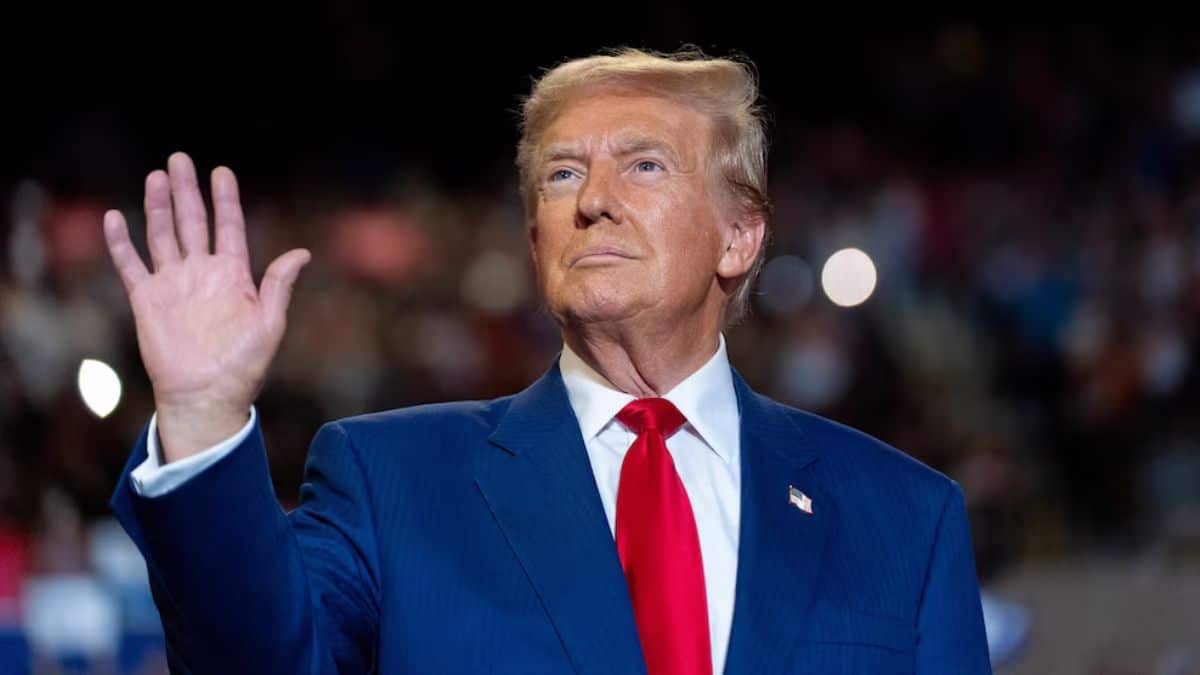Potential 200% Trump Tariffs on Pharma: US Companies Brace for Drug Shortages and Price Hikes

US President Donald Trump is considering imposing tariffs on pharmaceutical imports, potentially reaching as high as 200%. This move marks a significant shift in trade policy for a sector that has previously been exempt from such duties. The proposed tariffs aim to lower drug costs for Americans but could lead to unintended consequences, including increased prices and supply chain disruptions.
Details of the Tariff Proposal
The proposed tariffs on pharmaceuticals come as part of a broader strategy to reduce drug prices in the United States. Historically, imported medications have entered the country without any customs duties, but recent trade agreements with European nations have established a 15% tariff on certain imports, including pharmaceuticals. Trump’s administration is now contemplating much higher tariffs, which could exceed 200% on drugs from various regions. This drastic measure has raised concerns among industry experts about its potential impact on consumers and the healthcare system.
Maytee Pereira, a tax specialist at PwC, described the situation as one of “shock and awe,” noting the drastic change from zero tariffs to the possibility of 200%. Economists warn that such tariffs could lead to higher prices for consumers, particularly affecting lower-income households and the elderly. Diederik Stadig, a healthcare economist, emphasized that the inflationary effects of tariffs would be felt directly at pharmacies and indirectly through increased insurance premiums. The proposed tariffs would include a grace period of 12 to 18 months, allowing pharmaceutical companies time to adjust their operations and build inventory.
Potential Consequences for the Pharmaceutical Industry
Experts are concerned that the proposed tariffs could lead to significant complications within the pharmaceutical supply chain. While the intention is to lower drug costs, the reality may be quite different. Increased tariffs could result in higher prices for medications, reduced access to affordable generic drugs, and even shortages of essential medicines. The healthcare industry has already seen the negative effects of supply chain disruptions, particularly during the COVID-19 pandemic, which highlighted vulnerabilities in relying on international sources for medical supplies.
Many pharmaceutical companies have already begun to increase their drug imports and maintain substantial stockpiles within the United States. Analysts suggest that the full impact of the proposed tariffs may not be felt until 2027 or 2028, as companies prepare for the changes. However, even a modest tariff of 25% could lead to a gradual increase in pharmaceutical prices by 10% to 14% once existing inventories are depleted. This situation raises concerns about the long-term sustainability of affordable medication access in the U.S.
Relocation of Pharmaceutical Manufacturing
In light of the proposed tariffs, there is a growing trend among pharmaceutical companies to relocate their manufacturing operations back to the United States. This shift is partly driven by the desire to avoid tariffs on imported drugs. Notable companies like Roche and Johnson & Johnson have announced significant investments in U.S. operations, with plans to manufacture drugs exclusively for the domestic market. However, establishing new manufacturing facilities in the U.S. requires substantial investment and time.
Despite these efforts, the reality remains that a significant portion of the pharmaceutical supply chain relies on imported ingredients. According to trade policy analysts, a large percentage of essential drugs contain active ingredients sourced from abroad. This dependence on international suppliers complicates the goal of achieving complete tariff protection for U.S.-manufactured drugs. The challenge lies in creating a self-sufficient supply chain that can withstand tariff pressures while ensuring the availability of affordable medications.
Future Outlook and Industry Concerns
The proposed tariffs have sparked a debate about the future of the pharmaceutical industry in the United States. While some industry observers believe that Trump may ultimately implement a tariff lower than 200%, there are concerns about the potential impact on generic manufacturers. These companies, which provide a significant portion of U.S. prescriptions, may struggle to absorb the costs associated with tariffs, leading to possible exits from the market.
The implications of these changes could be profound, particularly for patients who rely on generic medications. A temporary production halt at an overseas facility has previously resulted in shortages of critical treatments, underscoring the fragility of the current system. Health policy experts argue that tariffs alone will not be sufficient to encourage generic manufacturers to establish U.S.-based facilities without additional government support. The ongoing discussions highlight the complexities of balancing cost, access, and domestic manufacturing in the pharmaceutical sector.
Observer Voice is the one stop site for National, International news, Sports, Editor’s Choice, Art/culture contents, Quotes and much more. We also cover historical contents. Historical contents includes World History, Indian History, and what happened today. The website also covers Entertainment across the India and World.
Follow Us on Twitter, Instagram, Facebook, & LinkedIn

